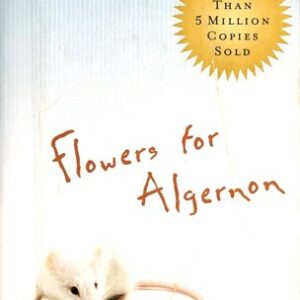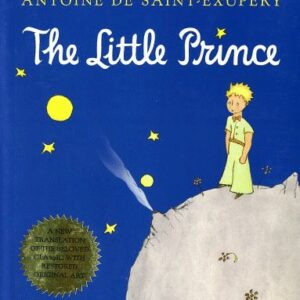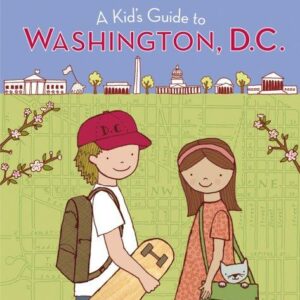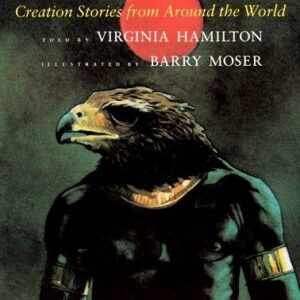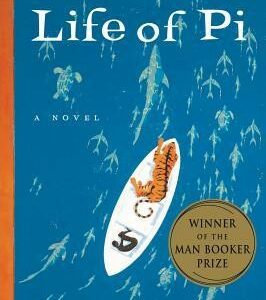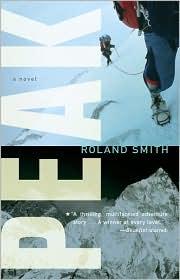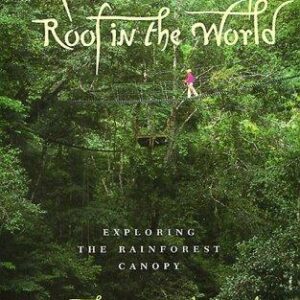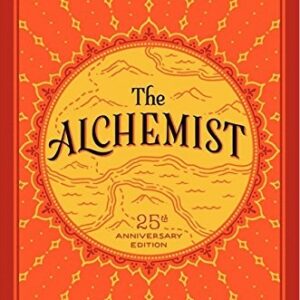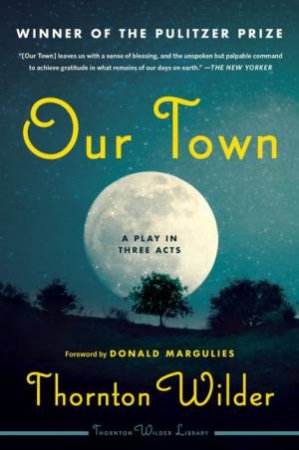Description
A melodious paean to the natural history and symbolic meaning of the most prized, poetized, and mythologized of songbirds.
The nightingale has a unique place in cultural history: the most prized of songbirds, it has inspired more poems than any other creature, and it is also the most mythologized of birds. Nightingale juxtaposes the bird of poetry, music, myth, and lore with the living bird of wood and scrubland, unpicking the entangled relationship between them. Covering a huge range of poets, musicians, artists, nature writers, and natural historians—from Aristotle, Keats, and Vera Lynn to Bob Dylan—Nightingale charts our fascination through history with this nondescript yet melodious little brown bird. It also documents the nightingale’s disappearance from British breeding grounds and the implications this has for nightingale conservation.
Bethan Roberts is the William Noble Postdoctoral Research Associate in English at the University of Liverpool. She is the author of Charlotte Smith and the Sonnet: Place, Tradition and Form in the Late Eighteenth Century.
"Roberts’s Nightingale begins with a declaration that 'this book isn’t about what I think or feel.' . . . She concentrates on the common nightingale (Luscinia megarhynchos) rather than the thrush nightingale (Luscinia luscinia) or their myriad imposters. Roberts balances glee with bewilderment, asking why this 'hectic, infinitely various yell' has been a source of enchantment. . . . In her chapters on music and conservation, Roberts offers welcome critiques of Athanasius Kircher’s failure to preserve nightingale songs in formal notation and of the composer Ottorino Respighi, who called for a phonograph recording of a nightingale to conclude his tone poem of 1924, 'The Pines of Rome.' . . . Reaching after fact and reason, Roberts, who is also a scholar of Romantic literature, alights on uncertainty. 'I expected to wonder at the bird through Keats and others,' she admits, in a rare confessional aside. 'Yet, there in the green and dark, all else falls away: that moment, the song and sound, and nothing else.'"
"I’ve never seen or heard a nightingale for myself, unfortunately. Whether you’re like me or are lucky enough to hear this renowned songster every year, this new book is the perfect introduction to the bird itself and its place in literature and the arts."
"This excellent monograph… is a masterful summary of the incomparable singer's presence in poetry, literature, art, and history."
"With grace and vision, Roberts lets us hear the music and mystery of nightingales sounding across centuries and cultures. This powerfully attentive study of an astonishing bird is also a miniature history of literature and of human efforts to find words for nature. Deeply researched, lyrical, elegiac, rich with hope and vitality, this is a book for our times."
"Roberts’s book is lucid, exhaustive, generous, and intelligent. . . . All poets should read it. All birdwatchers should too. It reads true to the bird as well as to the long history of its human-imagined existence. To have seen what we have made of nightingales and to be able to leave us with the bird restored to itself is a great achievement."


